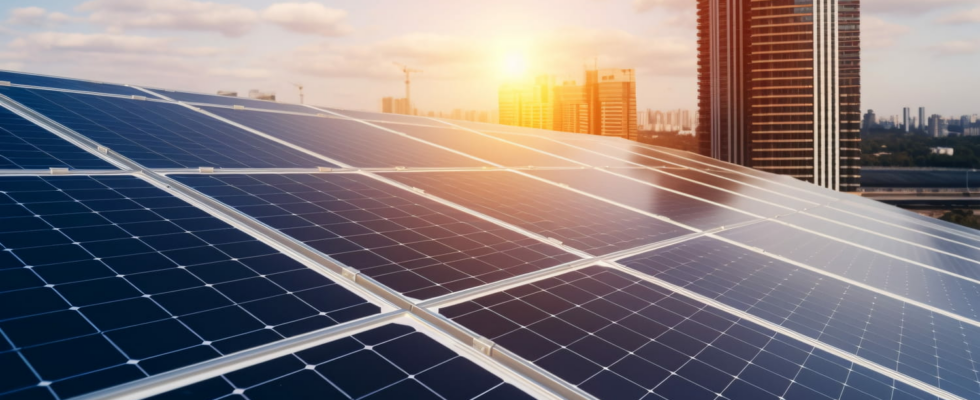While energy prices have exploded in recent years, this European country is sometimes forced to sell its electricity at negative prices. But without consumers being able to benefit from it.
This is unusual information as Europe emerges from a major energy crisis which shook most of its member countries and caused energy prices to explode. The European Union’s largest economy, which has strongly committed to an energy transition policy, now produces so much solar energy that electricity prices sometimes become negative. This country is Germany.
It is the economic analysis firm SEB Research, in a note dated May 21, 2024, which puts forward these figures: between May 9 and 19, 2024, the price of electricity in Germany was negative in the middle of the day, reaching -20 €/MWh at 3 p.m. And on April 27, 2024, the price of MWh even fell to -€70 in the middle of the afternoon! But what seems like good news for consumers is not really good news, because these negative prices do not mean that Germans are paying less for their electricity.
In reality, these values represent the price of electricity on the wholesale market, which fluctuates almost in real time throughout the day, and the prices at which producers sell electricity to distributors. And when production exceeds demand at a given time, wholesale prices then become negative. Indeed, unlike fuels, electricity cannot be stored and any production injected into the distribution network must necessarily be consumed, otherwise it will create a general blackout.
Thus, when sunshine is at its strongest and demand at its lowest, typically in spring and summer in the middle of the day, then the production of photovoltaic electricity exceeds demand, sometimes very significantly. Solar electricity producers are then forced to sell off their production, or even sell it at a loss. This phenomenon is all the more frequent in Germany as the country has acquired gigantic photovoltaic production capacities, the installed power of which now reaches 81.7 GigaWatt (GW), while the average need for instantaneous power is only of 52.2 GW.
Although one might think that this gap constitutes an appreciable margin of safety, it is actually bad news for solar electricity producers. As photovoltaic panels cannot be easily deactivated or disconnected from the grid, and electricity cannot be stored, producers are forced to sell it at a loss during peak production and therefore lose money. The economic profitability of solar-generated electricity is therefore weakened, which could discourage and slow down new investments in the energy transition.
